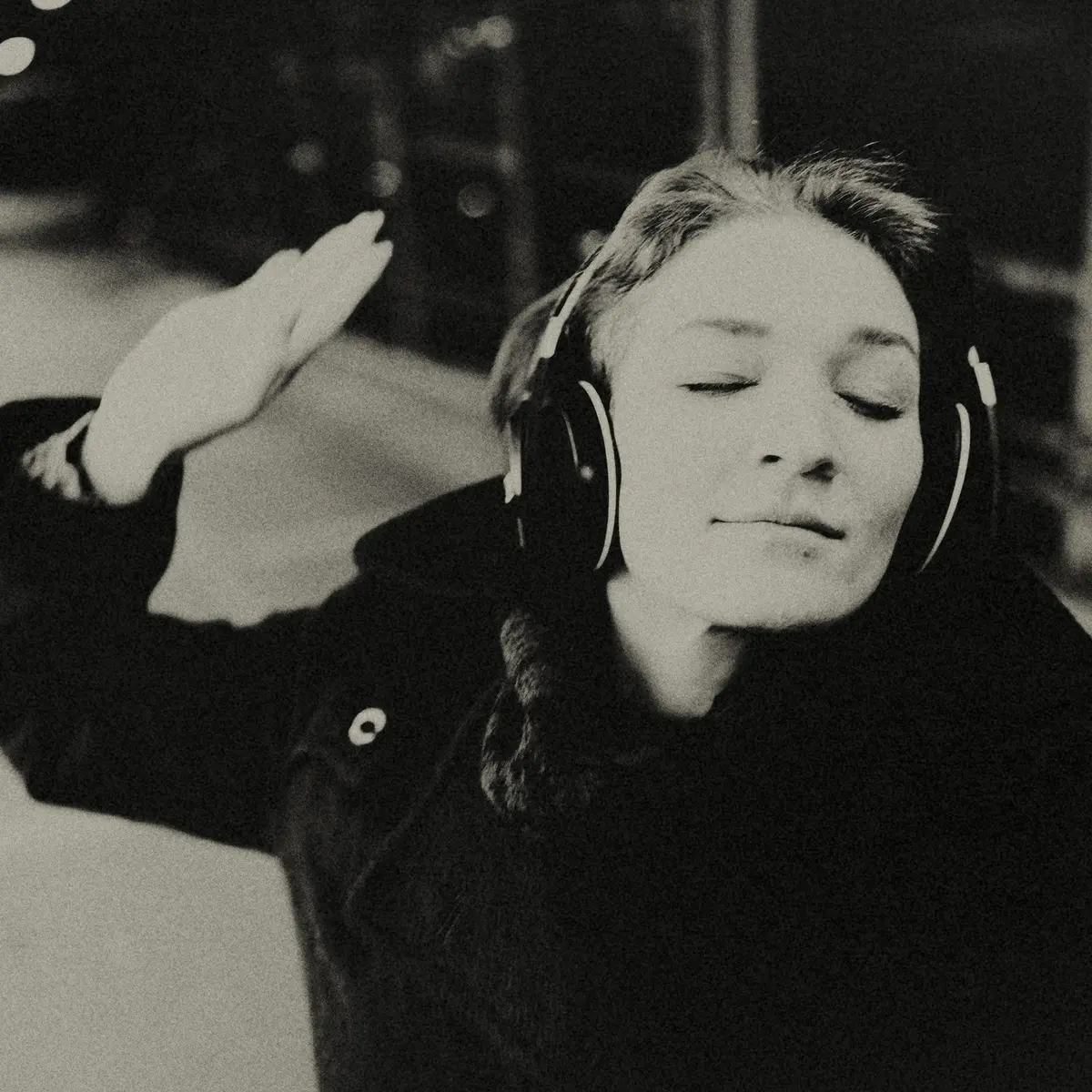Pioneering sociologist Erving Goffman realised that every action is deeply revealing of the social norms by which we live.
1. Think back to the last time you fell over in a public place. What did you do next? Perhaps you immediately righted yourself and carried on exactly as before. I bet you didn’t, though. I bet you first stole a furtive glance at your surroundings to see if there were witnesses. If there were, then you may well have bent over and inspected the ground as if to figure out why you tripped, even if you already knew why. Or maybe you smiled or laughed to yourself or uttered a word like ‘Oops!’ or ‘Damn’. At the very least, I bet your heart rate increased.
2. These behaviours seem irrational. If you were uninjured, why do anything at all after the stumble? For some reason, such public mishaps – stumbling, knocking something over, spilling something, pushing a ‘pull’ door, realising you’ve gone the wrong way and turning around – provoke an anxiety that compels us to engage in curious behaviours.
3.This is because, the sociologist Erving Goffman shows us, there is nothing simple about passing through a public space. Instead, we are always expected to reassure strangers around us that we are rational, trustworthy and pose no threat to the social order. We do this by conforming to all manner of invisible rules, governing, for example, the distance we maintain from one another, where we direct our eyes and how we carry ourselves. These complex rules help us understand ourselves and one another. Break such a rule, and you threaten a ‘jointly maintained base of ready mutual intelligibility’.
4. When you fall over, you fail to comport yourself in an acceptable way, and so immediately pose a threat. ‘Is she dangerously out of control?’ others might wonder. ‘Is she a menace?’ Fear of social punishment – from a dirty look to outright ostracisation – will prompt you to engage in what Goffman calls ‘remedial work’, an attempt to show that you’re not a problem after all.
menace: n.威胁
ostracisation: n.排斥,放逐
remedial: [ri'mi:diəl] adj.补救的
5. Looking at the ground signals that you didn’t choose to move strangely – you were subject to an unexpected obstacle. Smiling signals that you see the incident ‘as a joke, something quite uncharacteristic’. And swearing signals that, since you can use language, you are compos mentis, and that your fall was a blip in an otherwise ordinary life. In performing such a ‘normalcy show’, you re-establish yourself as an insider, and order is restored.
swearing: swear本义主要是“发誓”,但在这里义为“咒骂”更说得通
compos mentis: 还记得在Criminally Insane中有提到这个拉丁语词组吗(。ì _ í。)意为“精神状态健康”
blip: n.一般是指电子屏幕上出现的雪花,在这里可以理解为“小插曲”
otherwise: adv. You use OTHERWISE before stating the general condition or quality of something when you are also mentioning an EXCEPTION to this general condition or quality. 在这里翻译成“很,非常”或者不翻译都行。( ̄∇ ̄)otherwise这个词很有意思用法很多,感兴趣的小伙伴可以自行了解哦~
6. Goffman realised that behaviours of this kind, much as they might feel like it, are not the results of idiosyncratic anxieties, of excessive self-consciousness or awkwardness. Instead, they are sensible responses by people appropriately attuned to the complexities of the social world. Goffman’s ‘microsociology’ reveals that even the most incidental of social interactions is of profound theoretical interest.
idiosyncratic: [.idiəsiŋ'krætik] adj.怪癖的
attuned: [ə'tju:n] adj.本义“调好音的”,引申为“适应的”
7. Every encounter is shaped by social rules and social statuses; ‘whether we interact with strangers or intimates, we will find that the fingertips of society have reached bluntly into the contact’. Such interactions contribute to our sense of self, to our relationships with others, and to social structures, which can often be deeply oppressive. Never mind the dealings of the courtroom, the senate, or the trading floor, it is in the mundane interactions of everyday life, Goffman thought, that ‘most of the world’s work gets done’.
8. Erving Goffman was born in 1922 in Alberta, Canada, to Jewish immigrants from Ukraine. After completing an undergraduate degree at the University of Toronto, he began graduate studies in sociology and anthropology at the University of Chicago. His fieldwork led him to Baltasound, a village on Unst in the Shetland Islands, Scotland. Here he developed his unique version of ethnography. The resulting thesis, ‘Communication Conduct in an Island Community’ (1953), displayed the innovative methods and perspective for which Goffman would become famous.
anthropology:[.ænθrə'pɔlədʒi] n.人类学
ethnology:[eθ'nɔlədʒi] n.人种学,社会人类学
9. He described his research as a study ‘in a community’, not a study ‘of a community’. To understand a social world, he thought, you could not merely observe it; you must get inside it, be a participant observer. You must get so far inside it, he thought, that you ‘forget about being a sociologist’. Thus, from December 1949 to May 1951, he became a member of the Baltasound community; he attended auctions, weddings, funerals and concerts; he played billiards and whist with the locals; and he both dined and worked as a dishwasher at the local hotel. This immersive approach would become his modus operandi – famously, he would later work incognito in a psychiatric hospital to study its social rules.
